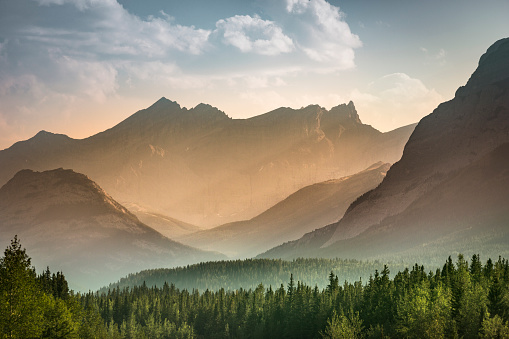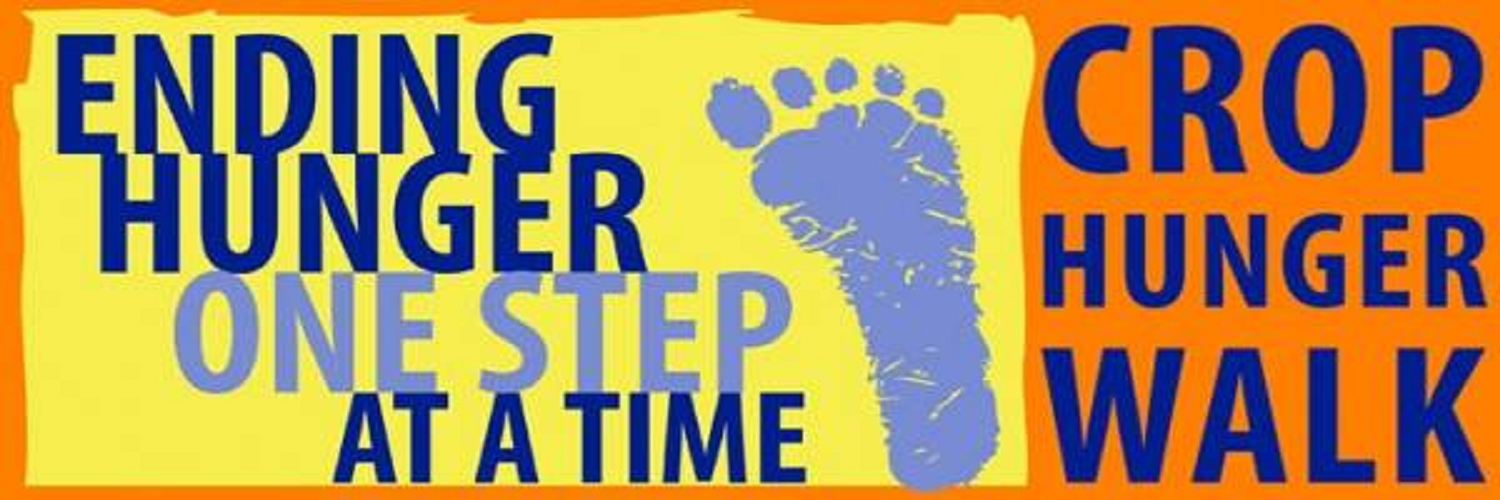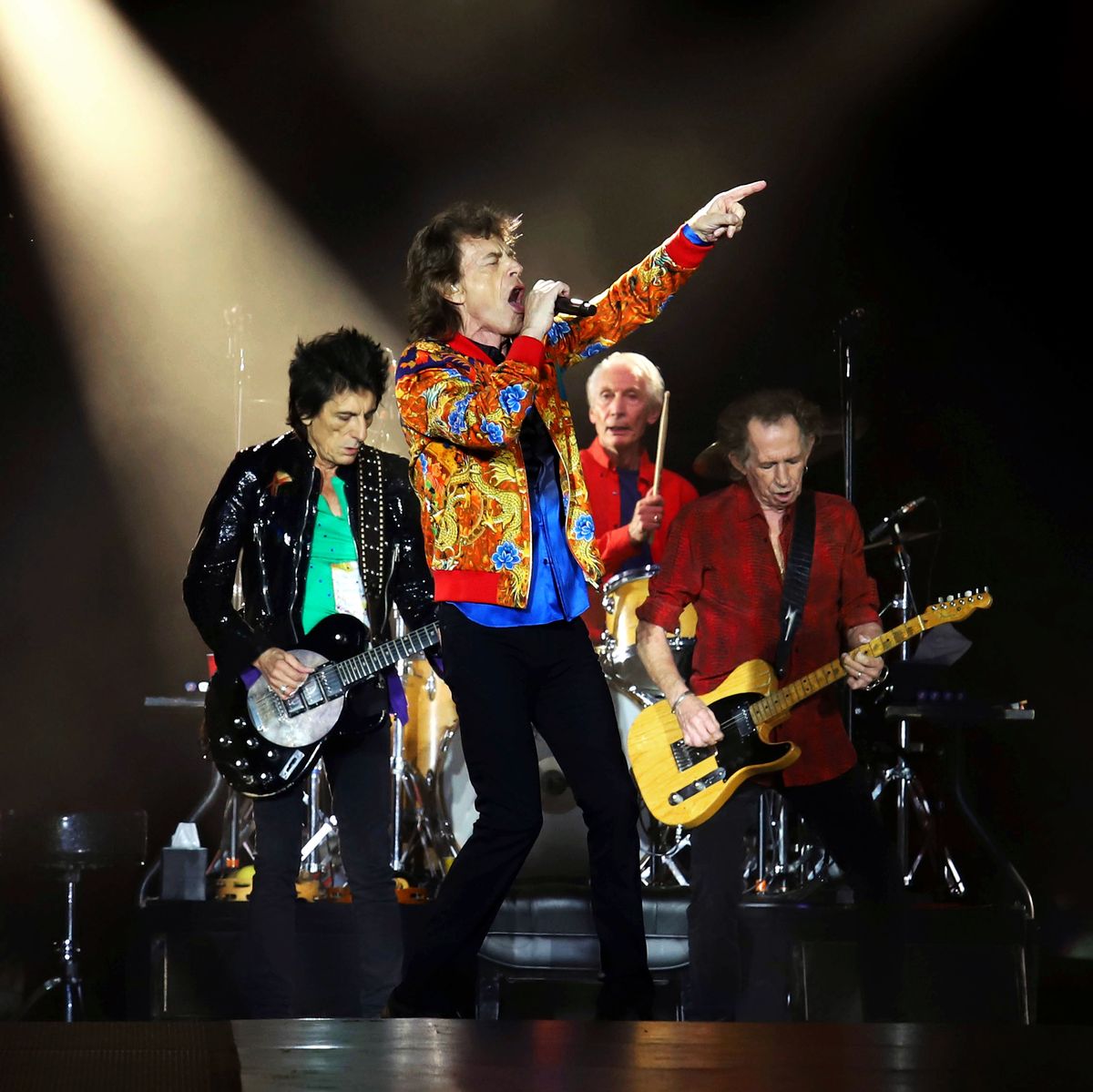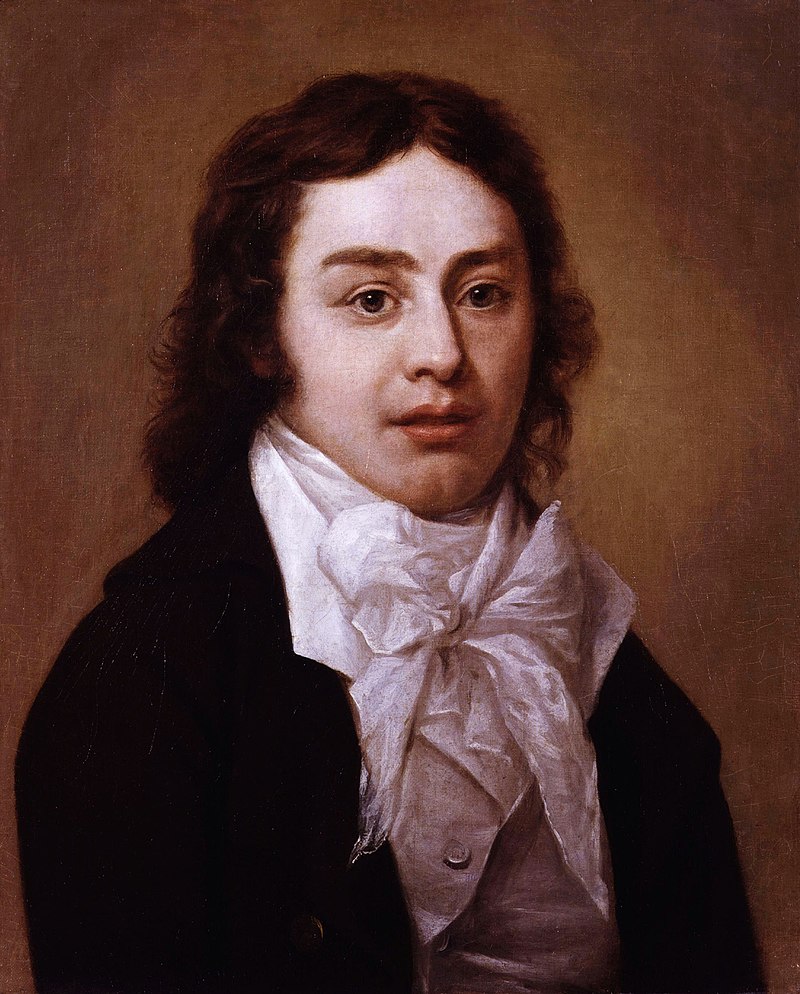If you are at all familiar with the history of art, you are aware of Pablo Picasso, the famous Spanish painter who is perhaps best known for introducing the world to cubism. Much has been written about Picasso, and countless museums have mounted exhibitions of his art over the years. He has achieved a notoriety, good and bad, and fame which few artists have surpassed. This week, we remember his birthday.
It is in the thinking behind cubism, however, that Picasso perhaps made his most significant mark. Prior to Picasso, art, despite its numerous divergences into Impressionism and Postimpressionism and the like, continued to present its images reasonably proximate to the object it was portraying. But cubism broke up its images, fracturing them, twisting them up and down and around, bending them in ways that they would never be in real life.Tuesday, October 26, 2021
Monday, October 25, 2021
In awarding a share of the 2021 Nobel Peace Prize to Russian newspaper editor Dmitry Andreyevich Muratov, the Prize Committee stated that Muratov "has for decades defended freedom of speech in Russia under increasingly challenging conditions. In 1993, he was one of the founders of the independent newspaper Novaja Gazeta. Since 1995 he has been the newspaper’s editor-in-chief for a total of 24 years. Novaja Gazeta is the most independent newspaper in Russia today, with a fundamentally critical attitude towards power."
Words well put. Although many of us complain about what newspapers do or do not publish, we nonetheless err seriously if we use these objections to assert that a particular newspaper should be shut down. We're only hurting ourselves and our ability to make informed decisions about the world.

That said, as the Nobel Committee observed, Muratov's newspaper (Novaja Gazette) presents a "fundamentally critical attitude toward power." Although we all desire, and legitimately so, some degree of power and control over our lives, if we suppose that power, be it political, economic, or personal, is all we need to be free, we become prisoners all over again. It's one of the greatest myths of all.
Power is only as potent as the truth, the truth, that is, of that which reality is ultimately comprised, it conveys.
Keep on trucking, Mr. Muratov.
Friday, October 22, 2021
Earlier this week, as my siblings and I reminded each other, marks another year, another year since the passing of our father over thirty-five years ago. Despite the span of those decades, we still miss him, and our mother as well. Time may heal some, yes, but time will never fully overcome the scars its events imprint on our lives. There are losses that, try as we might, we cannot completely assuage. Although we learn to live with them, though we may even come to develop a measure of acceptance about them, we will never totally erase them from our hearts. For always and forevermore, they are embedded in the innermost patterns of our soul.

And the universe remains, an inscrutable mystery, heading to its final denouement, its ultimate destiny. As are we. And what then? Almost inevitably, death makes us wonder: what lies on the other side?
As the Beatles's "In My Life," a song I play often, so poignantly observes, "There are places I remember, some have gone, and some remain . . . "
Thanks, God, for my father, who he was, and who he was to me, and thanks, God, for the fact of eternal destiny.
And thank you, Dad. Thank you for everything.
Thursday, October 21, 2021
Writing nearly two centuries later, modern neurobiologists conclude that imagination is the result of metaphoric processes which happen, often unconsciously, in our brains. It is the product of our innately image making selves.
Writing from another angle, the early medieval theologian Augustine suggested that humans use analogy to understand the transcendent, in particular, the person of God. Confronted with the transcendent and infinite, people tend to think in terms of analogy. Their finite minds cannot directly grasp the nature of the infinite. So they resort to analogy and, by extension, the metaphor making ability of their imagination.
We may never "see" the transcendent in this existence. But we certainly sense that it is, in some shape or form, "there." We are creatures of an analogical imagination.
It might therefore be easier to understand God than we think.
Wednesday, October 20, 2021
You may recall that during the first week of August I attended a reunion of some of my closest college friends. We met on the shores of Maine, where one of us has a house (a family house) on the ocean. Our first night, as we looked at the sun setting over the Atlantic, one of my friends turned to me and said, "In the sunset, there's hope."
It's a powerful statement. For many reasons. Most of all, it seems to me to speak of a belief that the closing of one day ensures the opening of another one. Another day in which we can work anew, work anew to do good deeds, for our fellow human being and the planet, to cultivate a deeper sense of the mystery of existence, to wrestle once more with the tantalizing puzzle of mortality and that which lies beyond it. Another day to be human.
And in being human to realize, in ever more powerful ways, that we can only be human if we actively acknowledge the presence of mysteries we cannot, in ourselves, comprehend.
Mortality finds final point in what is beyond it.
Monday, October 18, 2021
Perhaps you've heard of Jewish theologian and thinker Abraham Heschel. If not, let me say that Rabbi Heschel was one of the most influential Jewish thinkers of the twentieth century (he died in 1972), writing a great number of books on the virtue of living according to the Jewish way (the derek, the halavah). For Heschel, living according to the dictates and demands of the Torah was the ideal way to find that which all people, consciously or not, seek: a deeper relationship with God.
For a non-Jew, living according to the contents of a nearly 4,000 year old document might seem silly. In a world committed to the primacy of the so-called logical and rational, at least in the West, submitting oneself to the ideas contained in ancient records of encounters with the supernatural comes off as patently illogical: how can such things be?

Precisely, Heschel would respond, for that is the point. If we continue to seek ultimate meaning, or any meaning at all, in what does not last, in what is impermanent, that is, the material and finite present, we will never find it. In this present, this accidental and unexplainable present, all we have to know anything is human agency. It is an agency, however, that is a captive of its circumstances: it is as powerless as those who wield it.
If we wish to find the relationship with the meaning which we all seek, Heschel therefore suggests, we must decide to live in mitzvah, the commandments, the righteousness of unity with a personal creator.
For it is in recognizing our limitations that we find is true power and meaning.
Friday, October 15, 2021
So does Nietzsche write, "All these bold birds who fly out into the wide, widest open--it is true! At some point they will not be able to fly any farther and . . . But who would want to conclude from this that there was no longer a vast and prodigious trajectory ahead of them. All our great mentors and precursors have finally come to a stop . . . and it will also happen to you and me! Of what concern, however, is that to you and me! Other birds will fly farther!"
Although divining the precise intentions of Nietzsche's mind is difficult, it seems that what he is saying here is that even though we one day will "fly" no longer, others will. The human adventure will continue. It's a reassuring thought. By the time he penned these words, Nietzsche, though he was the son of a Lutheran pastor, had come to reject everything about Christianity and its promise of eternal life. It was a religion for weaklings, he averred. Better to live bravely and die!
Maybe so. Our humanity is indeed wondrous and grand and, to this point, seemingly capable of sustaining progeny, seemingly capable of birthing even more "birds" to extend its experience of existence beyond the present.
And then what? Absent an eternal, when humanity is over, it will be as if it had never existed at all.
Thursday, October 14, 2021
1492. It's one of the most pivotal years in human history. Humans of two hemispheres, neither of whom had been aware of the other, suddenly were, almost overnight, finding themselves confronting worlds that, literally, blew their collective minds. No one would ever be the same.
Sadly, however, although 1492 may have been a momentous and lucrative year for many Europeans, it was a terrible one for the natives of the Americas. Hence, although earlier this week the U.S. recognized Columbus Day, some have suggested that it is perhaps more appropriate to term it "Indigenous Peoples Day." After all, it is the natives of the Americas who, far more than the Europeans who slaughtered them, deserve to be remembered. It is they who have suffered most.
The worst of it is that in too many instances this slaughter was justified in the name of Christianity. It was an awful stain on the love of God.
Historian Erna Paris once observed that, "Attaching God to history is the most powerful nationalism of all." Whenever we try to juxtapose God and the history we are unconsciously creating, we erect a line we cannot possibly cross: the boundary between what is here, and what we think should be, the difference between the visible speculations of finitude and the hidden certitudes of infinity. We falsely think we can speak for God.
Whatever your perspective, use this week to remind yourself of your so very limited view of what is real and true.
Wednesday, October 13, 2021
Over the weekend, my wife and I participated in what is known around the world as the CROP Walk to End Hunger. Sponsored by an organization called Church World Services (CWS), the CROP Walk aims to raise monies to alleviate hunger and suffering in the world. While it goes without saying that CWS is far from the only organization dedicated to addressing these issues, the CROP Walk is special in its goal to draw a community into the effort. Hence, on a given Sunday every Fall, communities throughout the planet join hands to spend a few hours walking (after developing a team of sponsors) to generate funds for those facing hunger.

Most of us do not face the prospect of not having enough food to eat. Most of us probably eat more than we should, and most of us likely have more food in our refrigerators and freezers than we can eat in a week, even two or three weeks. While perhaps few of us are extraordinarily rich, we nonetheless do not face hunger scarcity. For this reason, it's difficult to know how it feels. Caught up in our busy lives, we tend to forget about people who are not, people whose highest vision of eating is not whether to dine in or go out but rather whether they can even eat at all.
We're very insulated from much of the planet. Hence, raising money to help feed people whom we probably will never see is doubly important. It gives us a way to connect with the global community, a way to step into, if only for a moment, those whose lives are plagued with hunger. It builds our sense of belonging to each other. Most of all, it reminds us that we are not living to please ourselves. We are living to serve each other.
After all, we're all made in the same image, an image rooted in a profound love for every human being.
No one who has sacrificed for a greater good comes to regret it.
Friday, October 8, 2021
As I discussed the terms of the debate with the two protagonists, it became apparent that neither of them would be able to resolve the issue satisfactorily. In the end, they both would need to turn to the same word: trust.
Proverbs 19:21 observes that, "Many plans are in a person's heart, but the counsel of the Lord stands." I struggle with this. I struggle with my inability to grasp the sovereignty of God. I struggle not because God's sovereignty is illogical, but because it is more logical than anything else on the planet. Remove the sovereignty of God and purpose vanishes; retain the sovereignty of God and faith reigns.
And faith, though it be the essential and logical underpinning of a finite existence, will always question the faith required to believe it.
Thursday, October 7, 2021
How smart do you wish to be? In a study I read recently, neuroscientists are talking about their growing ability to develop neuronal inserts for an individual's brain which will, on signal, make this individual more intellectually adept. In addition, researchers are perfecting techniques which will allow them to actually "see" a person's thoughts--before she has them. In other words, mind reading.
Without tarot cards, too. Much of the debate centers on the perennial question: even if we can, should we?
It's tricky. On the one hand, historically, humans thinking that they "could" has brought tremendous benefits to humankind. On the other hand, humans thinking that they "should" have brought humanity to some of its lowest nadirs.
And who is our judge? Who adjudicates in these matters? In a word, us. And who are we? Finite and largely hapless and confused beings. We only know what we know. And we do not know what we do not. Which is the problem.
If you really wish to be "smarter," explore these new techniques and discoveries. Consider this, however: who are you becoming "smarter" for? You or humanity? If you say the latter, you have already fallen into presumption; the former, inordinate myopia.
Maybe this is why we need a God.
Wednesday, October 6, 2021
A couple of weeks ago, I wrote about the autumnal equinox. In ancient times, autumn, the harvest, was a time of great rejoicing, a celebration of the land's bounty. After the arduous work of spring planting and summer cultivation, come harvest time, people could reap the fruits, so to speak, of what they had sown. They could be grateful for the fecundity of the earth.

The harvest reminds us that despite all that happens around us, life's rhythms will never change. Altered expressions of them will perhaps emerge, but the underlying pattern remains the same. Life's ways will be with us until life itself stops being.
Until that happens, consider the harvest a beacon of hope, the hope embodied in the order implicit in a transcendently personal existence. We love it, it loves us. And God loves it all.
Otherwise, it's all just an accident.
Monday, October 4, 2021
They're back. In the first weeks of yet another tour of the U.S., the Rolling Stones, whose members are all in their late seventies, continue to perform. Although they are now without their long time drummer Charlie Watts, who tragically died in August, the band presses on. Do the Stones need the money? Hardly. Judging from some remarks that lead singer Mick Jagger made in an interview in 2020, however, that, "I miss performing," perhaps the band simply plays on because its members enjoy what they're doing.
I saw the Stones for the first time in 1969. It was a wild show. Put on at the Los Angeles Forum, now the home of the Los Angeles Lakers, the show was supposed to begin at 7:00 p.m. However, due to some delays in shifting the arena from one used for ice hockey to one used for a rock and roll band, the show didn't actually start until 10:00. A second show that was scheduled to follow the first didn't wrap up until 5:00 a.m. the next morning. It was a long night for everyone.

When I consider how long the Stones have been making music, I marvel: the musical imagination seems extraordinarily fecund. While some may, with justification, write the current iteration of the Stones off as commercially crass, and others may, also with justification, view the Stones as exploiters of a culture of whim and self-expression, and still others may, again, with justification, believe the Stones should retire and force the Baby Boomers to listen to more contemporary music, it remains that, for all of their flaws, the Stones represent real life proof that this world is more than an accident and that we humans are more than collections of chemicals.
To wit, a created universe, a creative God.
Friday, October 1, 2021
Tikkun Olam. These two Hebrew words mean, roughly, the "healing" or "repair" of the world. In Tikkun Olam we see an essential part of the Jewish worldview. Although some of us may decry the modern day Jew's insistence that she has been chosen by God, and while many of us wonder why the West continues to support Israel even when its government appears to suppress the Palestinians, those who hold either position may be missing the point. Tikkun Olam underscores that the Jewish people have not been chosen to strut their alleged greatness, but rather to work with their fellow human beings, and God, to heal the many fractures and contusions that afflict the planet. To join with the human race to make the world a better place for everyone, to repair the immense damage that human pride and folly and ecological malfunction have wrought through the many millennia of human existence.

In Tikkun Olam is a lesson for us all. Lest any of us suppose that we are here only to look out for ourselves and our loved ones, that we are free to pursue our own happiness at the expense of that of others, or that we can ignore the many ways that humanity has damaged the planet, Tikkun Olam reminds us that, in truth, none of us made themselves come into life on the planet. None of us are self-starting beings. And none of us can live as if no one else matters. To do so is to deny our humanity.
A German word, Sittlichkeit, or, roughly, an obligation to contribute to a common social or cultural good, captures the heart of Tikkun Olam. Our goal in living is to make living optimal for everyone.
And to rejoice as we do so.
What else, in the face of the profoundly personal transcendence moving through reality, can possibly matter?


